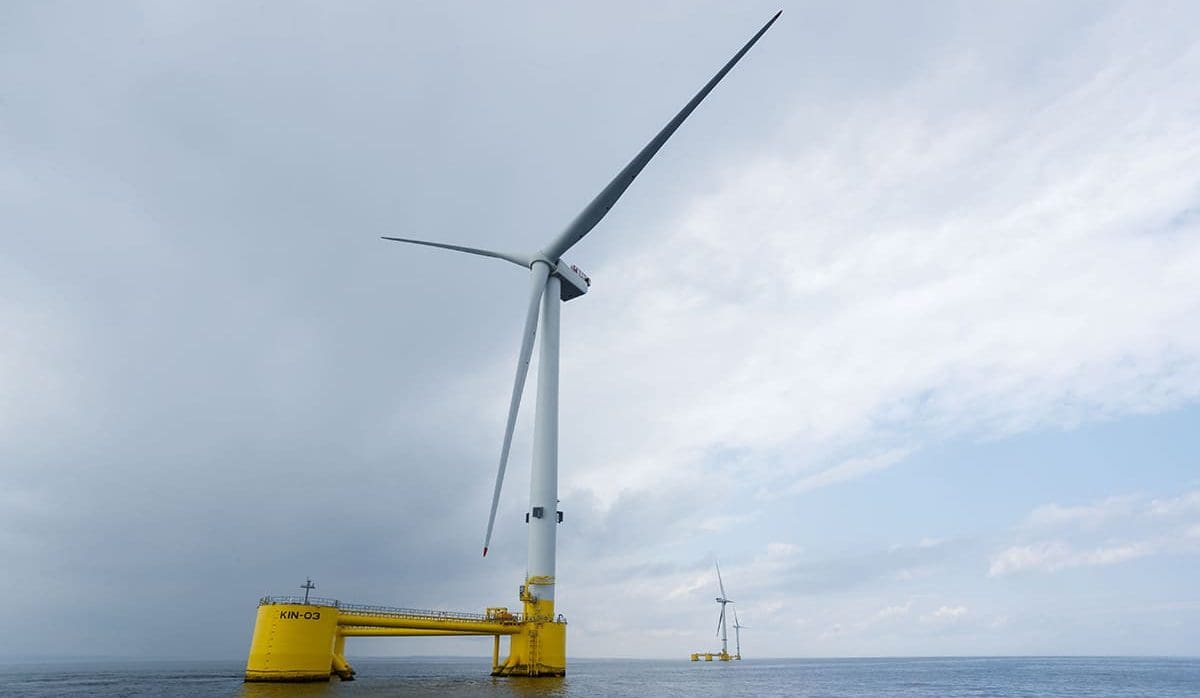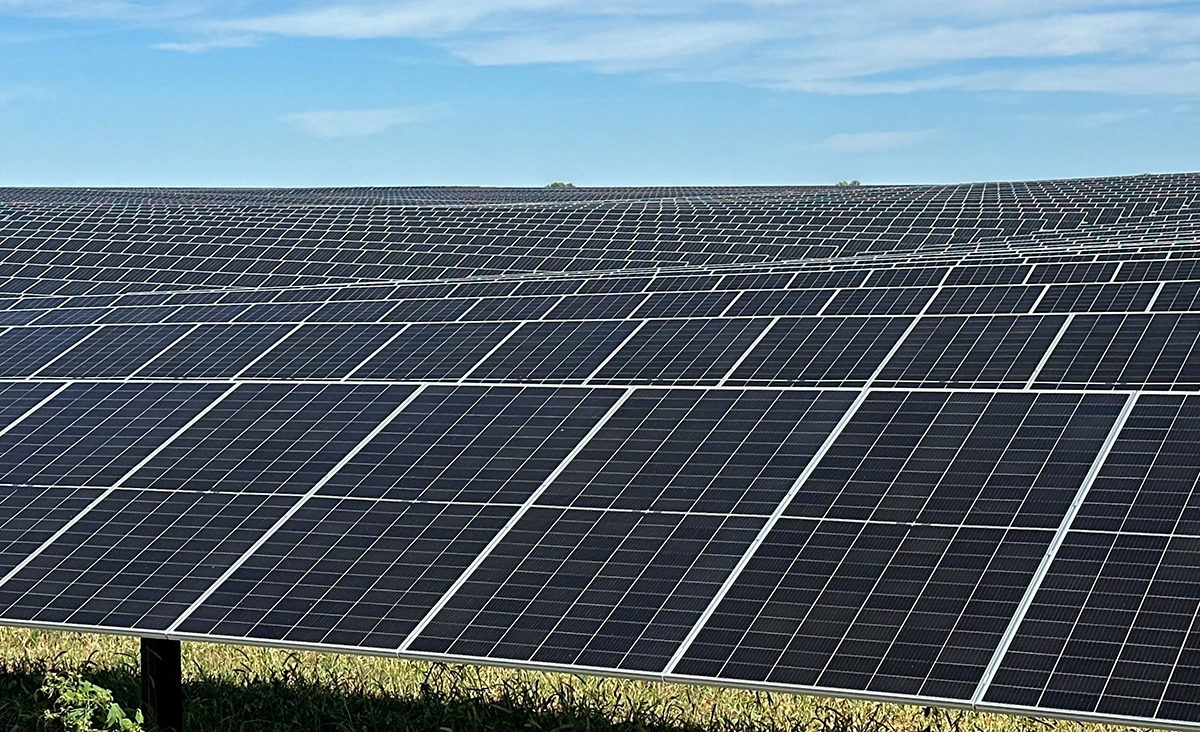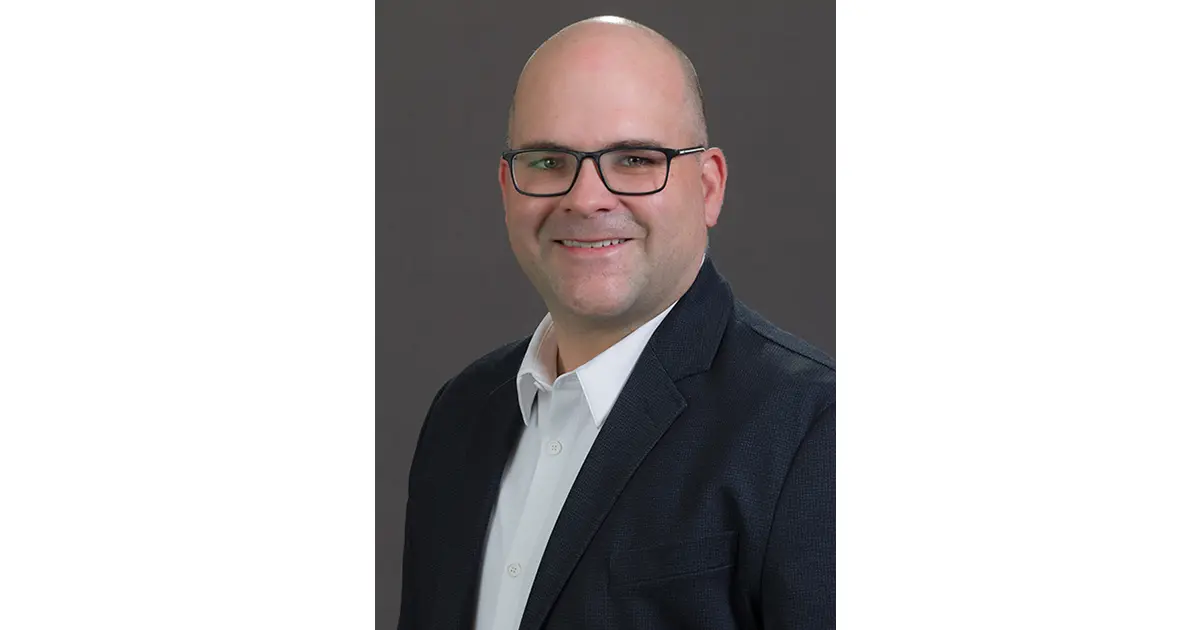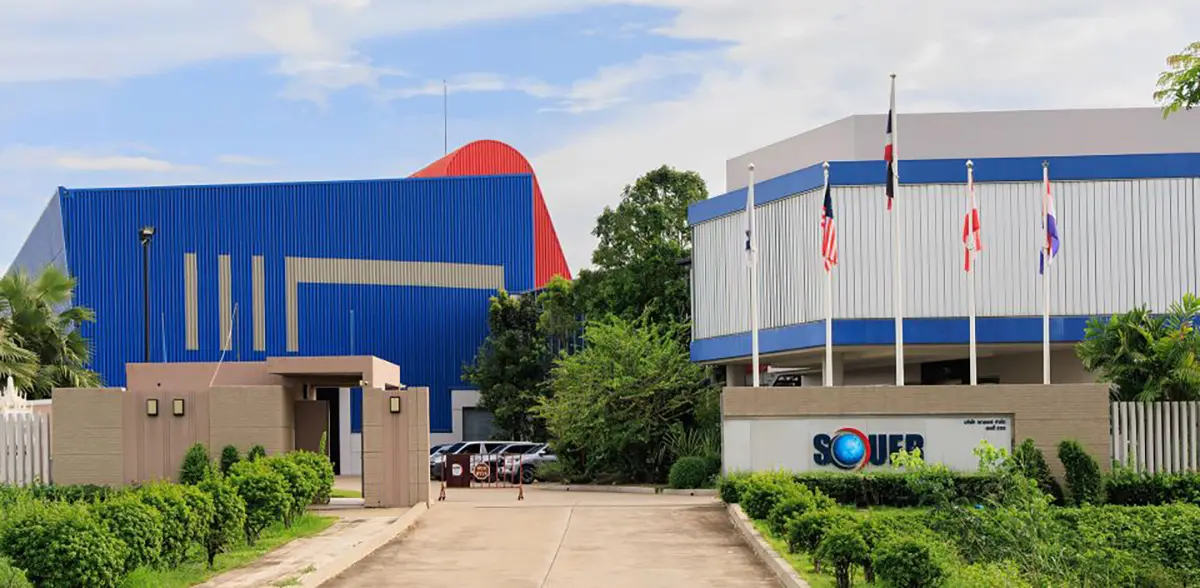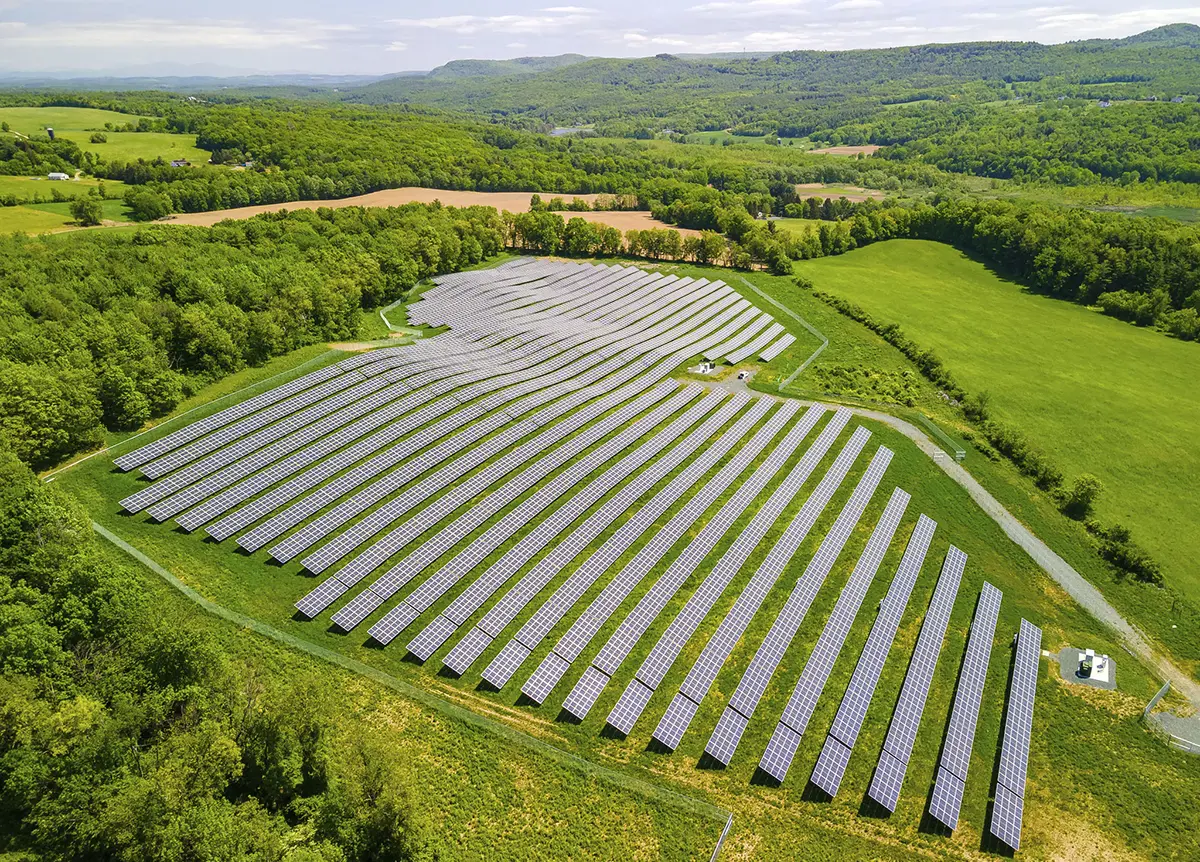
Reflecting On Climate Week NYC 2024

It happens each year — a magnetic pull to New York City for policy makers, investors, advocates, and dreamers.
Climate Week, as it’s called, is timed to overlap with the United Nation’s General Assembly, as is the Clinton Global Initiative and countless other events aimed to attract the influential and the high-level, all hoping to address the complex and diabolical challenges of climate change.
Meanwhile, the real-life backdrop of my beloved New York City paints a starkly contrasting picture to the glitz and glam of the gathering. A homeless man sits against a wall feeding sunflower seeds to pigeons that land one after the other on the knapsack he has propped up against his knees. I overhear a modestly dressed fellow on his mobile effervescently declaring, “Yeah, I sold that commode for US$95,000!” I resist the temptation to ask him if, by any chance, it was the commode of King Louis IX from Versailles?
The streets of Manhattan are snarled with traffic of all kinds. The subway infrastructure and reliability is far below par for a modern city of global renown. Many Climate Week events took place on the west side of Manhattan, which could mean an hour spent in a taxi if you had to cross town. Trucks double park with reckless abandon, plugging up streets. Construction and scaffolding seem to be everywhere, although there is no identifying signage so no one can tell if the work being done is a governmental improvement, such as through the United States government’s major Infrastructure Act, or a private demolition to make way for yet another double-sweet donut shop.
Almost everyone I met at events was frazzled from the ordeal of getting around.
So, what is this all for? To try to inspire, synergize, excite, and chart a path forward? The UN Climate Change Conference of the Parties (COP 29), occurring next month in Baku, Azerbaijan, and the 16th Conference of the Parties to the Convention on Biological Diversity (COP 16) which starts next week in Cali, Colombia, surely have the same desired outcomes.
The deterioration of nature and climate change, after all, cannot be addressed without the other — a steady rising refrain in this year’s Climate Week.
To me, the most memorable moment from Climate Week had nothing to do with climate, but rather artificial intelligence (AI), though not itself separable from climate change because of the intense energy needs of AI data systems. That voracity is scary enough, not to mention the perhaps endless need for water to cool down AI data centers, but rather a somewhat startling comment made by Bill Gates at the Clinton Global Initiative in a panel moderated by former President Bill Clinton. Gates admitted he had not foreseen the negative impact of the internet, such as fake news and mental health problems triggered by the saturation of social media. However, he then observed that just as rising computational math competence meant that ultimately nearly everyone could afford a computer, AI would “free” white collar and blue-collar workers within a decade, by dramatically lowering the cost of the work performed by these workers — namely us? That sounded like 100% unemployment ahead to me, but then what? No answers were forthcoming from the stage.
Although, also on the panel, was Stanford University computer scientist Fei-Fei Li, who was more guarded in her view of AI’s promise. She called for a major public “investment” in AI, by which I took her to mean sufficient public funding to ensure a good public framework and raison d’etre for AI. I envisioned a plan possibly akin to the original NASA in the US, funded by taxpayers to develop space exploration for the humanity’s common benefit, not private profit or amusement. A public purpose AI system, to ensure mostly public purpose results? Now that would truly be a contemporary moonshot.
Also globally critical was the announcement of a major partnership between CDP, which pioneered environmental disclosure two decades ago, and the new Net Zero Data Public Utility (NZDPU) to increase data transparency and broaden access to emissions and other climate change related information.
Further on the data and metrics front, the exciting announcement by the International Foundation for Valuing Impacts (IFVI) of a rigorous set of pilot metrics to advance the accounting practice of Generally Accepted Impact Principles (GAIP), spearheaded by Sir Ronald Cohen, so that standard profit and loss statements finally begin to illuminate the otherwise invisible environmental and social impacts of a given financial transaction.
On the humanitarian front, the standout was the breakthrough global non-profit, Humanity Insured, which aims to design, implement, and subsidize critical new parametric insurance. The goal is to apply basic insurance principles of offsetting risk to buffer financial losses suffered by the world’s most vulnerable communities through no fault of their own, such as when extreme heat means no work is possible and so no wages are paid.
In sum, Climate Week interwove promising progress and dismaying worry, as hundreds of delegates navigated the kaleidoscope of New York City, which is its own form of truth test.
We are a species that likes to come together — and so we did at Climate Week, again. It remains, though, for our planet to let us know how well we did in the hurly burly of our best intentions.
About The Author
Paula DiPerna currently serves as special advisor to CDP. She also serves on the Distinguished Advisory Board of the Integrity Council for the Voluntary Carbon Market (ICVCM) and the Sustainability Advisory Council of Jupiter Asset Management. DiPerna formerly served as president of CCX-International (Chicago Climate Exchange), which launched and operated the world’s first cap-and-trade system to address climate change. Her most recent book is Pricing the Priceless: The Financial Transformation to Value the Planet, Solve the Climate Crisis, and Protect Our Most Precious Assets.




